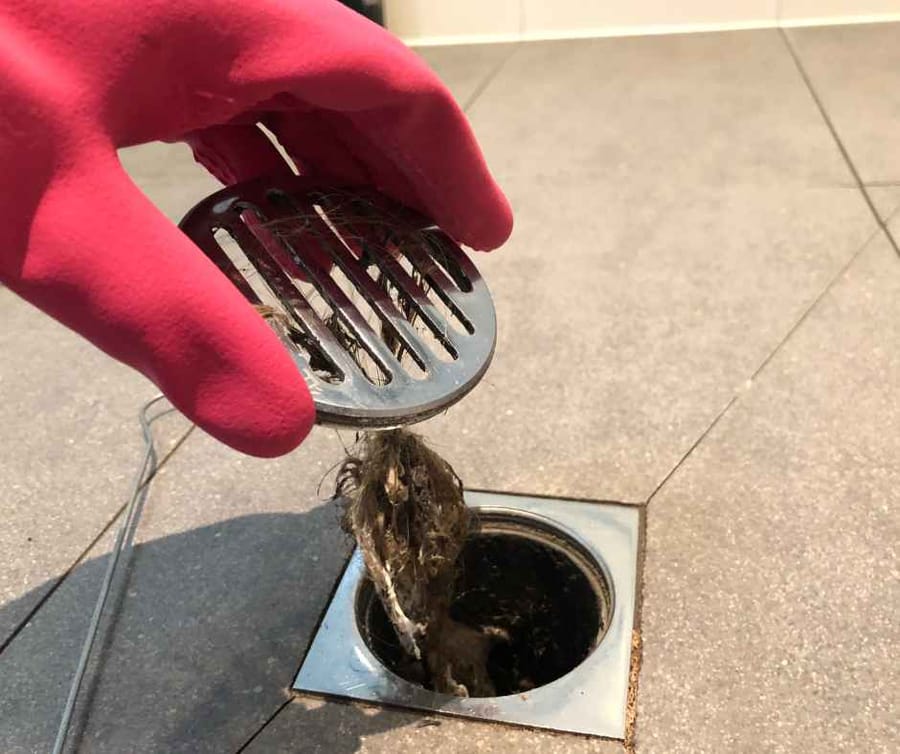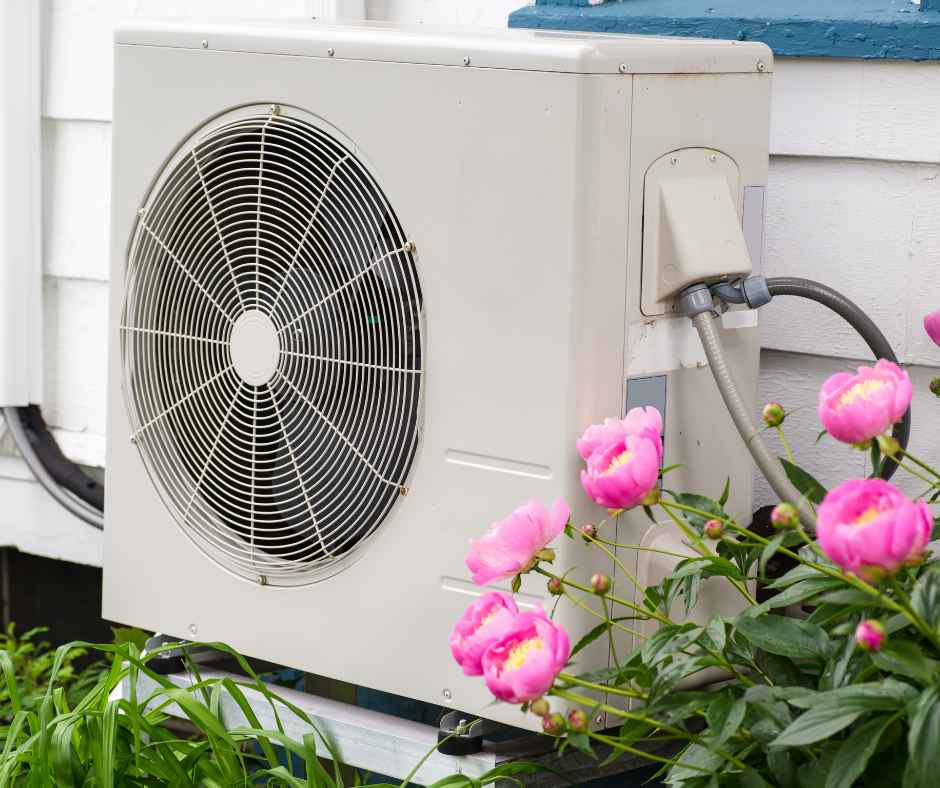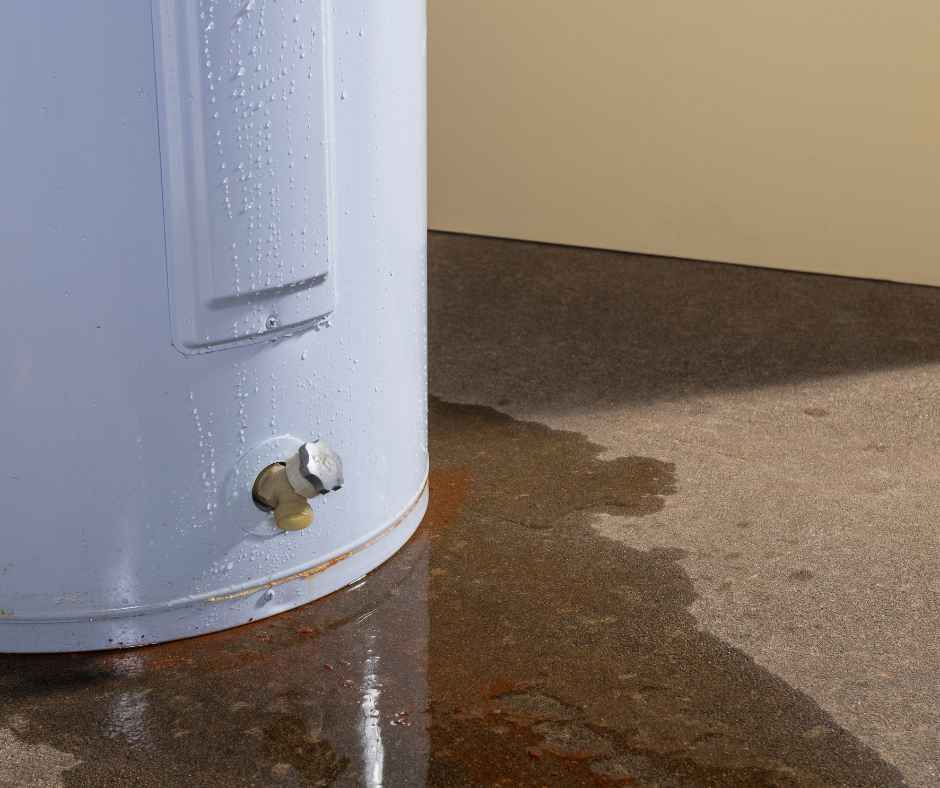0% No Interest Financing for 6 Months*
Delivering Trusted Service Since 1951
Back to Blog
Your Indoor Air Quality: What You Don’t Know Can Hurt You
Many people don’t recognize that they have poor indoor air quality. This is because most problems associated with unhealthy air are unnoticeable. Mold, dust, humidity and toxic chemicals are commonly found in homes in North Carolina, but they often carry no odor and are not visible.
Air-purification units are very helpful in eliminating dust and other airborne particles like dander and pollen. These units collect irritating particles and pass cleaner air back into the home, reducing allergy and asthma symptoms. Often, symptoms can seem unrelated to an allergic reaction, but fatigue and lack of concentration can all be a result of poor indoor air quality.
Humidity and mold spores go hand in hand inside a home. When moisture levels exceed 60 percent, mold can thrive. Breathing in mold can produce allergic rhinitis symptoms such as runny and itchy nose, cough and sore throat. Using a dehumidifier regularly can help bring moisture levels back to normal and prevent an increase in respiratory dysfunction such as asthma.
Products in our homes such as carpet, painted walls, cupboards and cleaning products all emit volatile organic chemicals into the air we breathe. You typically can’t smell these toxins in the air, but many people experience nausea, abnormal bowel patterns and asthma from not correcting this unhealthy air problem. Air-purification units can help with airborne chemicals, especially units that feature HEPA or carbon filters.
You can contact Blanton’s Heating & A/C for more information on having an indoor air quality test performed to determine what the main culprits in your home are. The experts there can also assist you with choosing an air-purification unit or dehumidifier that can help you breathe healthier and safer air.
Recent Posts
Make Blanton’s Your First Call!
Get Your service with a Wow!
Our Extraordinary Service Plan features maintenance, Service, & Support for Your Home
- Biannual HVAC tune-up and inspection
- Annual water heater inspection
- Annual electrical safety inspection
- No extra charge for Saturday service
- All repairs backed by a one-year warranty
- Exclusive members-only savings
- Priority service and dedicated support line
Learn More





